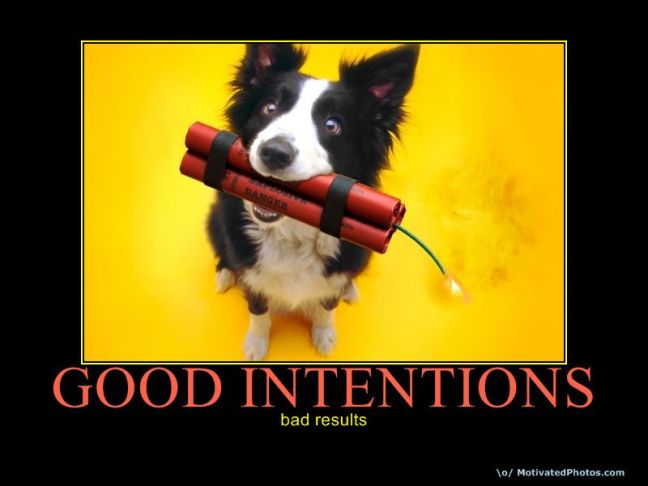I have been continuing to practice my skills in paleo-art and landscapes. Maybe someday I can get a piece on permanent display in a museum somewhere.
I asked a friend to pick a dinosaur he’d like to see me paint, and he suggested Spinosaurus aegypticus. It was ideal for me to challenge myself. This creature was not like other theropod dinosaurs (all known carnivorous dinosaurs are theropods), so for artists who are used to drawing Tyrannosaurus rex and Velociraptor, this is a good chance to expand their hoirizons.
In addition to being the T. rex-killer from Jurassic Park III, Spinosaurus has grabbed headlines over the last few years for being a dinosaur that likely led a semi-aquatic lifestyle and preyed on fish. In many respects, from a lengthy torso and long narrow jaws to the conical shape of its teeth and its flat feet, it bears strong similarities to modern crocodilians that are specialized to hunt fish.
To reflect this different lifestyle, I decided to portray a Spinosaurus that has just caught a giant eel, still thrashing in its jaws.

When this preliminary stage was completed, I traced the design onto a sheet of tracing paper. After that, I used graphite paper to transfer the design onto an 8 x 10 inch masonite board. Then I laid in the base colors with acrylic paint.

At this stage I wanted to work on the background before concentrating on the animals in the foreground. So I added texture and highlights to the tree bark.
It became increasingly clear that for this type of painting, the Spinosaur and the eel would have to be darkened considerably. So I simply added darker paint, and now have begun to add in texture on the dinosaur’s skin.

Much work still waits to be done, but so far I am very happy with how the painting is turning out. I think I’ll add a little more character to the background by painting in a couple of sparse plants and leaves. Then it will be a matter of adding texure, final shades, and highlights to the animals and water. That will be detailed in part 2.
In the meantime, I am looking forward to a weekend at the Writers on the Rock conference in Lakewood, CO, followed by a night at the world-famous “Dinosaur Hotel,” the newly remodeled Best Western Denver Southwest. I figured a writing conference was the perfect excuse to visit this hotel. Assuming things go according to plan (more or less), pictures will soon be posted here for you to enjoy.
Have a great day!



